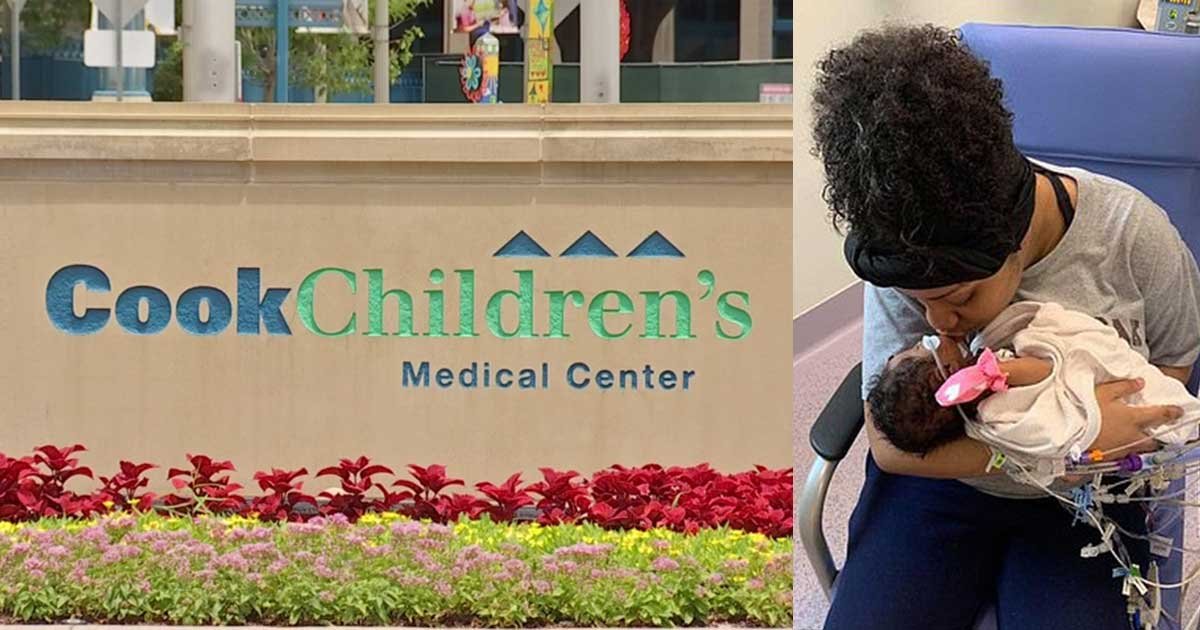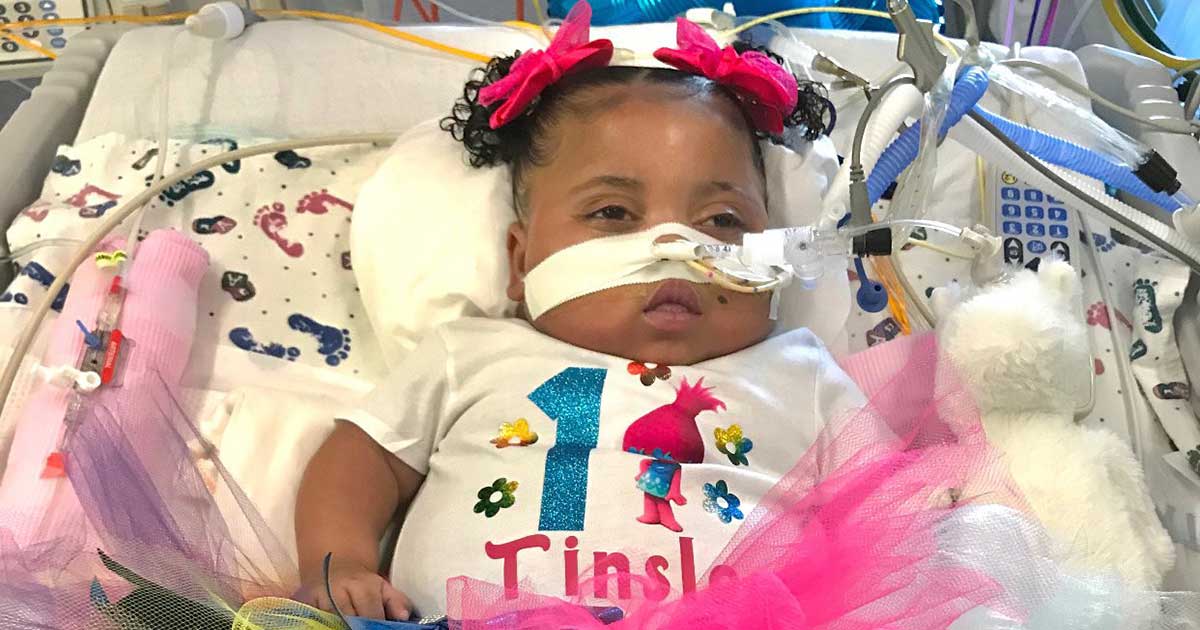A Texas appeals court allowed a 17-month-old baby to remain on life support, reversing a ruling from a judge from a lower court.
Tinslee Lewis was born prematurely with a rare heart defect called Ebstein’s anomaly, a rare condition that causes her heart to not pump properly and for blood to flow backward through the heart.
The child had stayed at Cook Children’s Medical Center in Fort Worth since birth last February, and had undergone multiple open-heart surgeries, and her physicians declared that she is in a state of constant suffering.
“There remains no hope for recovery,” Cook Children’s lawyers wrote in a recent court filing.
Tinslee is kept heavily sedated, while her body, swollen and partially paralyzed, must be hooked to a ventilator to keep her alive.
However, the girl’s mother said she wants to be the one to decide whether her child remains on life support or not.
The medical team assigned on Tinslee’s case took to the hospital’s ethics committee, which determined that it would be inappropriate to keep treating the girl.
Tapping on the Texas Advance Directives Act, a law signed in 199 and intended “as a last resort,” allows an ethics committee to decide when doctors and patients disagree on how to handle end-of-life care.
But the family, aided by the anti-abortion group Texas Right to Life, appealed Tinslee’s case in February, sued the hospital in an attempt to keep the girl alive so that another facility could be found to take her.
Justice Wade Birdwell of the 2nd District Court of Appeals ruled that the ethics committee’s decision did not provide Lewis with sufficient due process.
Birdwell wrote that such a life-or-death decision constitutes “state action” under the 14th Amendment, and requires the hospital to “comply with the procedural and substantive dictates of due process before affirming and thereby effectuating such a treatment decision.”





